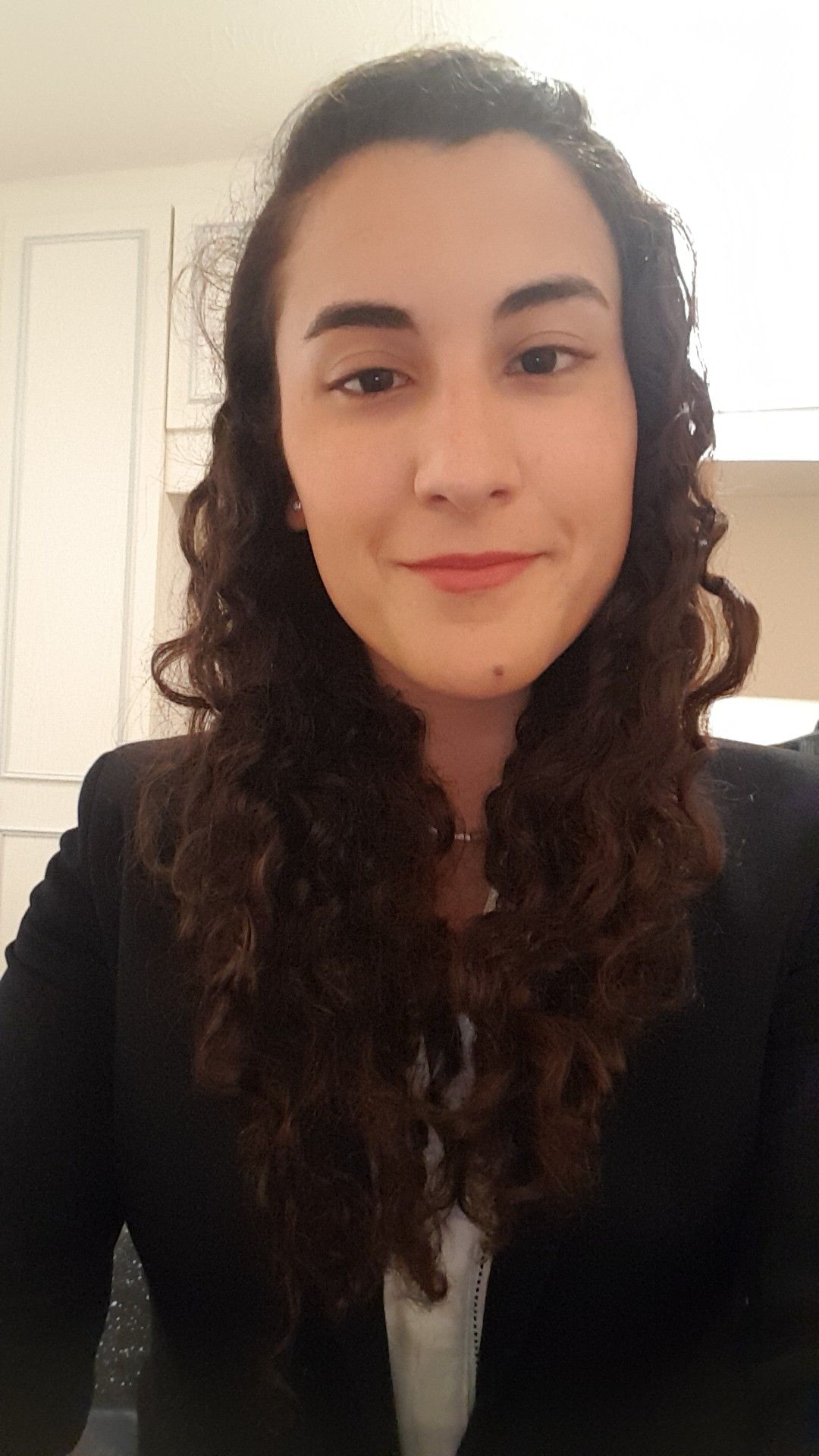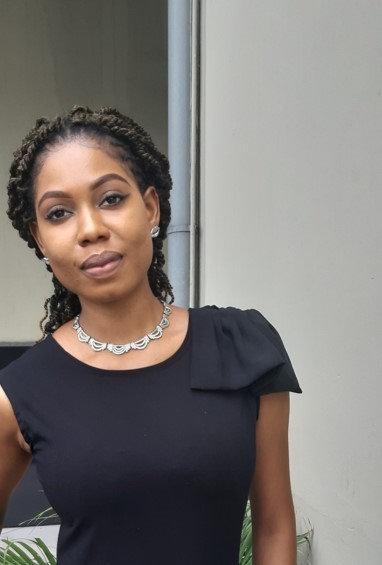To celebrate, we spoke to some of our students at the EPSRC Centre for Doctoral Training (CDT) in Prosthetics and Orthotics about their journey up to this point and what inspired them to study science.
British Science Week takes place from 6-15 March 2020. This year, the 'Smashing Stereotypes' campaign aims to encourage students, employees and researchers to share their stories about what they do in their day-to-day work – to highlight the diversity of the STEM (science, technology, engineering and mathematics) workforce, the broad range of jobs and careers available, and that scientists are just like other people.

Kirsty Devlin
"Before joining the University of Salford, I did an integrated masters in Mechanical Engineering at Kingston University, London. I originally wanted to do physics at university; but I wasn’t very good at it! I preferred maths, and I liked cars, hence why I chose engineering.
"Science has always been an interest of mine, simply because science is the path to discovery.
"I did a couple of biomechanics/biomedical-based internships based on intramedullary nailing and screw augmentation, which is when I discovered my interest in the medical/biomechanics field. I then worked for just over a year as a Graduate Research Engineer in the R&D/manufacturing sector.
"I joined the CDT because it aligned precisely with what I was interested in exploring – biomechatronic systems (devices that interact with human muscle, skeleton, and nervous systems in order to assist or enhance human motor control). Combined with my interest in prosthesis, the PhD seemed ideal!
"I am looking forward to dedicating 100% of my time to my PhD project, as I feel I now have sufficient knowledge of P&O from the first part of the programme.
"I am hoping to improve prosthesis users’ quality of life and advance research in the biomechatronics field."

Victoria Patricks
"As an undergraduate I studied biomedical engineering in Nigeria. The course covered various disciplines in medicine and engineering including anatomy, physiology, fluid mechanics, thermodynamics, prosthetics and orthotics, biotelemetry, and more!
"The CDT covers a range of engineering and science disciplines including developing rehabilitation products and services to support prosthetic users in low and middle-income countries (LMIC). Coming from Nigeria, I really wanted to equip myself to offer solutions to improve the lives of people there.
"My PhD project also has a link to my undergraduate background - I developed a mobile medical app for calculating the stages of chronic kidney disease for my final project of my first degree.
"In my PhD I will be looking at developing a mobile app for monitoring the activity level of prosthetic users.
"The first year of the program has been great exposure to real life problems faced by amputees, such as the psychosocial impact of losing a limb, the effect of restoring a lost limb and how all this affects someone's quality of life.
"I started my studies with the expectations of developing great research skills so that I could contribute in offering solutions to every part of the world. I’m certain that at the end of this 4-year program I will be well equipped to provide world-wide solutions in the field of research and prosthetics and orthotics."
Sam Peppiette
"My undergraduate was in Sports Engineering, and my final year project focussed on upper limb prosthetics in sport. This led me to complete my MSc in Biomedical Engineering the following year as I realised that I wanted to design and develop products that would genuinely impact people in a positive way, but I didn’t yet have the biomedical knowledge to do so!
"It was important for me, coming from a primarily engineering-based background, to have the opportunity which the CDT offers for hands on experience with clinicians and patients to push a people-centred approach to prosthetic development.
"I’m looking forward to getting stuck into my own research and (hopefully) outputting some real, impactful results that can contribute to the ever growing advancements in the field. Building a base of knowledge here at Salford has been a great and necessary part of my learning, and now I’m looking forward to putting it to practice.
"I’m hoping to work in industry, innovating and developing prosthetic devices, using my unique background of design, biomedical engineering and (now) prosthetics and orthotics. My main area of interest is in creating more sustainable, affordable and accessible prosthetic devices in low and middle income countries, but I’m open to whatever opportunities come my way at the end of this PhD journey!"
For all press office enquiries please email communications@salford.ac.uk or phone 0161 295 2238.
Share:
